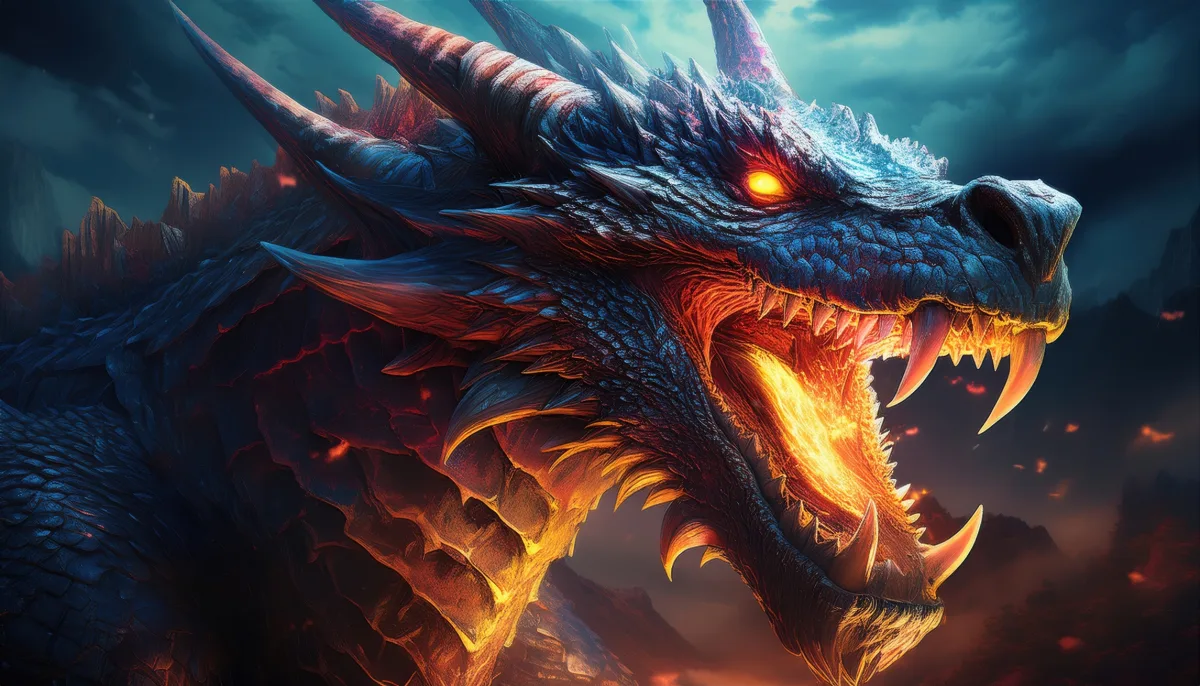Russia’s increasingly acute dependence on China puts the country in a very awkward geopolitical position. In the extreme, the nation’s sovereignty could be at risk.
Recent revelations that Russia’s intelligence service views China as a rival—even an enemy—are no surprise. Despite all the lavish official talk of a “friendship without limits,” the relationship between the Bear and the Dragon is coloured by deep mistrust rooted in historical antagonism. Today’s geopolitical romance between Moscow and Beijing rests only on fragile shared real-political interests that, in principle, can change overnight.
Despite the Kremlin’s insistence to the contrary, it is an illusion to believe that Moscow is an equal partner to Beijing. This is a highly asymmetric bilateral relationship spanning numerous domains, and the latter continues to grow vastly stronger vis-à-vis the former—with potentially catastrophic geopolitical consequences for Russia as a nation.
For Beijing, Putin’s Russia is merely an instrument for accruing power, and as soon as Moscow has played its role and lost its real-political utility, Zhongnanhai will turn its back on the Kremlin. China will then demand full servility from a wounded bear that will have to lick its wounds for decades to come, owing to the catastrophic invasion of Ukraine.
Since Russia has hermetically cut itself off from the West—economically, technologically, diplomatically, politically, and militarily—Moscow is slowly but surely becoming ever more enmeshed in China’s web of dependence. This applies not only to economic matters but also—and perhaps most importantly—to the technologies of the future.
Unless the Kremlin manages to restore relations with the West relatively quickly, this development could pose a direct threat to Russia as a sovereign nation in the future.
Economic dependence
Russia’s steadily increasing economic dependence on Beijing—not only through commodity exports but also via imports of industrial goods and high technology—means that Russia now largely lives at China’s mercy to keep the economic wheels turning, not just in the military but also in the civilian economy.
The asymmetries between the two countries are enormous: Russian exports to China now account for about 31 % of Russia’s total exports, while imports from China make up roughly 38 % of total imports. By comparison, Russia represents only around 3–3.9 % of China’s total exports and about 5.1 % of China’s total imports. Such figures place the Kremlin in a very weak geo-economic position vis-à-vis Zhongnanhai, and this vulnerability will only continue to grow as long as Russia’s icy relations with the West persist.
This geo-economic dependence can, when the time is ripe, be converted into a geopolitical lever. Beijing has on numerous occasions shown itself more than willing to use its economic heft to extract geopolitical concessions from other states in the international system—not only hostile ones but also “friendly” ones. Believing that China would treat Russia differently if and when the opportunity arises is boundlessly naïve.
Technologies of the future
Growing economic dependence on China is nevertheless not what Russia should fear the most. The Kremlin continues to cling to its great-power status, but the fact is that Russia is incapable of developing a range of high-tech products related to information and communications technology on its own. These technologies are absolutely crucial for building the power instruments of the future—not only economically but also militarily.
Russia lacks companies capable of producing competitive hardware for 5G solutions, which are expected to reshape the entire global economy, and—perhaps even more crucially—the advanced chips and software expertise necessary to reap the many economic and military gains that come with the global rollout of artificial intelligence.
Essentially, only two actors—China and the West (led by the United States)—possess the expertise required to bring Russia into the twenty-first century. Without access to these cutting-edge information and communications technologies, Russia will fall hopelessly behind in the global system, much as the country gradually lagged behind Western Europe in technological development from the sixteenth century onward.
Caught in the dragon’s ICT net
For Russia, a dwarf in the realm of information and communications technology, it would make most sense to find a middle position between Chinese and Western technology and companies in order to best safeguard its techno-sovereignty in this emerging new digital world order. From a weak position, the Kremlin would have stood stronger by playing the two actors against each other to extract concessions.
But as Russia is now completely cut off from Western technology, it has no choice but to plunge deeper and deeper into the Chinese technological sphere, with potentially disastrous real-political consequences. The further Russia entangles itself in China’s technology ecosystem, the more vulnerable it will become vis-à-vis China, and the power asymmetry between them will only grow.
Given the all-encompassing and deeply transformative nature of tomorrow’s information and communications technology—and a Chinese national legal framework that compels companies to hand over any information about foreign actors that Zhongnanhai may wish to access—this is a highly worrying development for the Kremlin. The more widespread Chinese technology is in Russia, the more vulnerable Russia becomes to all forms of espionage—military, economic, technological, and political.
Thus, as Russia becomes ever more infiltrated by Chinese commercial actors, it will become increasingly difficult for the country to safeguard its state, industrial, technological, and intelligence secrets. In the extreme, the Kremlin’s capacity to keep the Chinese out of its cyber domain will vanish entirely, and the country will in effect lose its sovereignty, ending up as a digital vassal state—an open book that Beijing can read and exploit at will.
Yesterday’s deterrence
For the time being, the Kremlin leans on its enormous nuclear arsenal to maintain a certain parity with Zhongnanhai. Yet, given developments in anti-missile technology over recent decades, it is no longer unthinkable that the Russians could lose the only card they have left against China’s total dominance of their country.
The strategic Oreshnik missile, which Putin insists is unstoppable, might no longer be so if Chinese military engineers know every last detail of Russia’s military secrets—while artificial intelligence is being fully integrated into China’s armed forces.
Therefore, as Russia’s technological dependence on China reaches new heights in step with Chinese companies’ continued expansion in the country, the risk grows that Moscow will be drained of its technological and industrial secrets. And once Russia has played its role and Zhongnanhai feels the time is ripe to reorganize its relationship with the Kremlin, China will demand tribute, as it has always done throughout history, and the price will be high.
Zhongnanhai never forgets and has not forgotten Russia’s role in attacking the Chinese state during the “Century of Humiliation” under the Qing dynasty. It is not hard to imagine that Beijing will demand a renegotiation of the Treaty of Aigun of 1858, which formalized the Russian annexation of historically Chinese land in the Far East.
To reverse the trend, Russia has no choice but to restore its relationship with the West—but is that even possible without suffering a stinging defeat in Ukraine?
Photo: Dreamstime.







